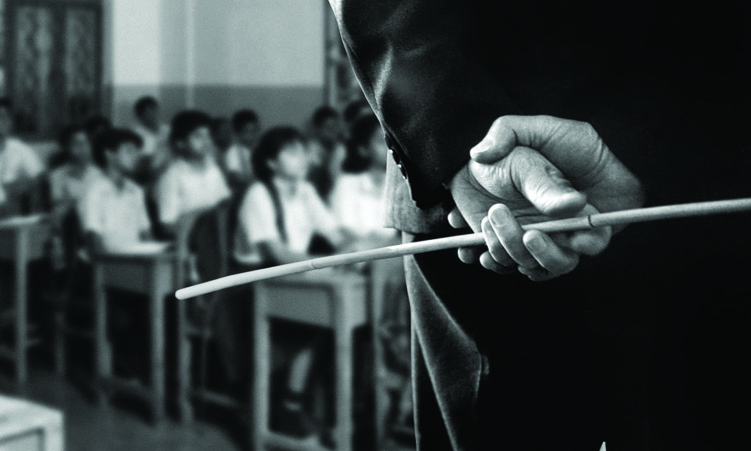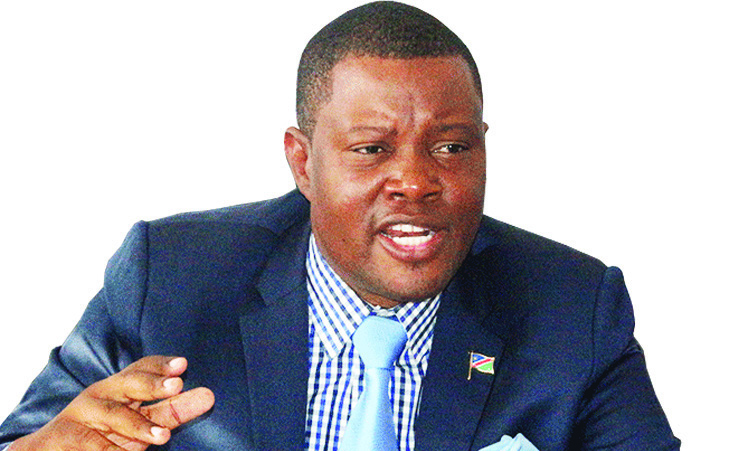… teachers faced discipline dilemma in absence of corporal punishment
Unions and politicians say ill-disciplined children in schools are becoming an increasing headache for teachers.
Two teachers recently came under fire for administering corporal punishment at their respective schools.
Teachers’ Union of Namibia (TUN) secretary general Mahongora Kavihuha and Popular and Democratic Movement (PDM) parliamentarian Elma Dienda yesterday in the parliament said teachers cannot physically punish ill-disciplined children as this is against the law.
The Ministry of Education, Arts and Culture, on the other hand, says teachers should lodge complaints against such pupils with their heads of department instead.
TUN, however, says its members’ complaints are never addressed.
Dienda asked deputy minister of education, arts and culture Faustina Caley what exactly corporal punishment involves.
This is after a teacher at Hashiyana Primary School at Ongwediva was found guilty of corporal punishment by the Ministry of Education, Arts and Culture after forcing a Grade 7 child to carry a chair for over an hour.
Although the incident happened in 2021, Petrus Ndeulita was sentenced and dismissed from the school last week.
“I know that corporal punishment is not allowed, but that was not corporal punishment. We have to look at ways to discipline our children,” Dienda said.
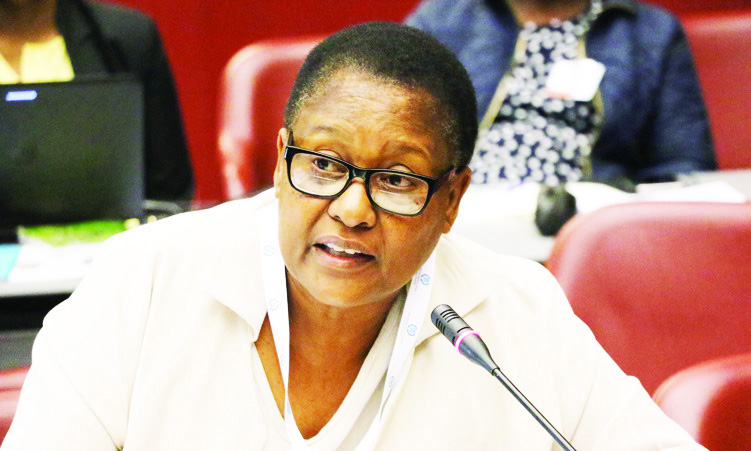
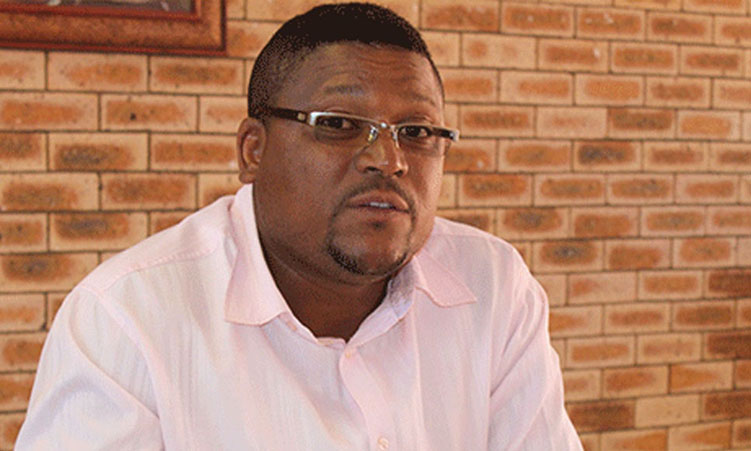
Another case involves a teacher at Eenhana Primary School, who was arrested and charged with assault two weeks ago after it was disclosed that she was allegedly subjecting pupils to corporal punishment.
Indileni Hashali allegedly injured a child in her Grade 3 class, who then needed medical attention.
Kavihuha said despite the law prohibiting physical punishment, teachers often do not know how to deal with ill-disciplined pupils.
“There are mechanisms in place to address alternatives to corporal punishment and teachers’ safety.
“Children deserve quality education in a safe environment, but teachers also deserve a safe working environment,” he said.
“The ministry is failing to properly implement the mechanisms to ensure a safe environment for both teachers and pupils.
“Teachers, at times, are forced to resort to corporal punishment when faced with serious disobedience.”
Kavihuha said many teachers suffer from depression due to this issue.
“Complaints from teachers are often not handled in time or at all.”
ALTERNATIVES
Likius Nepolo, a life skills teacher at Oshivanda Combined School in the Omusati region, says to deal with unruly behaviour, she involves parents.
“Some parents give permission for their child to be given psychosocial support, but if there is no improvement I refer the pupil to a social worker or regional school counsellor.”
Nepolo advises that classroom rules must be established and if pupils do not follow these rules, there must be consequences.
For instance, unruly pupils should remain in the classroom while others have break time, or they should bring their parents to school.
“These techniques help so much in improving pupils’ behaviour to be more manageable and to perform better academically,” he says.
Nepolo says corporal punishment could have a permanent traumatic impact on the victim physically, mentally and socially.
“A pupil may end up hating school to the extent of dropping out or having a negative outlook.”
WHAT THE LAW SAYS
Corporal punishment is not permitted in Namibian schools.
The Supreme Court in 1991 ruled that corporal punishment is a violation of a child’s dignity and is therefore no longer allowed to be practised at schools.
This decision was further enforced in Kapurunje Uirab v The Minister of Basic Education, Sport and Culture, in which the Windhoek High Court in 2005 found that corporal punishment is inhuman and degrading.
The Child Care and Protection Act states that alternative disciplinary methods must be promoted to effect positive discipline.
It states that the minister must take all reasonable steps to ensure that education and awareness-raising programmes concerning corporal punishment and promoting appropriate discipline at schools are available countrywide.
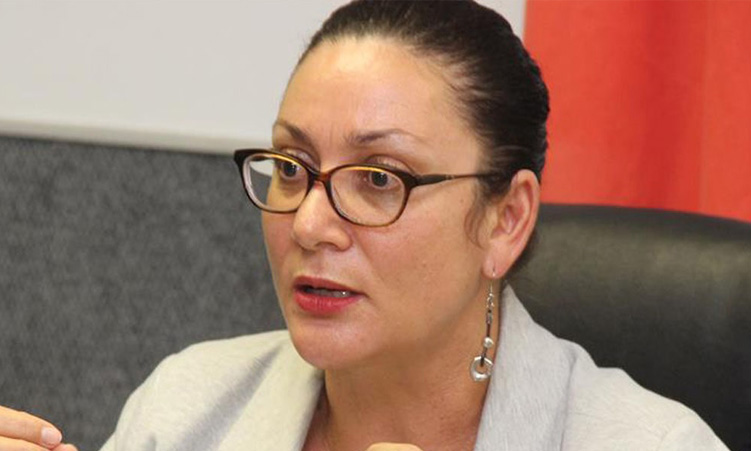
Executive director of education, arts and culture Sanet Steenkamp says the ministry has taken significant steps to ensure the safety and protection of both pupils and teachers at schools.
“These measures include the implementation of the National Safe Schools Framework (NSSF), school health services, reporting and monitoring mechanisms, awareness and education campaigns and collaboration efforts with stakeholders. “The NSSF provides guidance for creating pupil-friendly, physically safe educational environments that are protected from outside influences. This speaks to creating a culture of care between pupils and teachers,” she says.
Psychosocial support can be implemented by ensuring pupils’ meaningful participation in issues affecting them, listening and responding to their problems, allowing pupils to express and manage their feelings and needs, and helping them develop a sense of belonging.
‘NO BAD CHILDREN’
The NSSF specifically deals with positive discipline, which is based on the idea that there are no bad children, but only good or bad behaviour.
With this approach, children are not hurt physically or emotionally as a form of punishment, but are instead taught skills to help them handle difficult situations.
This could reduce opportunities for bad behaviour.
It is used because children have the right to a safe school environment, free from violence.
The framework aims to ensure that pupils and teachers are equally protected from harm, and treated with dignity and respect.
An anonymous source informed The Namibian of an incident in which a 15-year-old Grade 5 pupil allegedly attacked his teacher.
The pupil had a habit of not attending school. His parents informed the school that they are unable to control his behaviour.
The teacher eventually told the child he would be suspended if he continued to disobey the rules.
The pupil later allegedly found the teacher alone in a corridor and started beating him.
‘SEEK SUPPORT’
Steenkamp says if teachers feel unsupported in managing discipline, they can find support from the head of their department or school principal.
They can also report incidents to the inspector of education of a school or approach the regional director of education.
Despite the ban on corporal punishment, some schools allegedly still hide their use of this form of discipline.
“The situation in a school environment is a reflection of the community that surrounds the school and a reflection of the society around the school.
Read more: Thou shalt not beat children“Therefore the root cause of ill discipline in a school should be clearly understood and interventions should be holistic,” Steenkamp says.
Stay informed with The Namibian – your source for credible journalism. Get in-depth reporting and opinions for
only N$85 a month. Invest in journalism, invest in democracy –
Subscribe Now!


